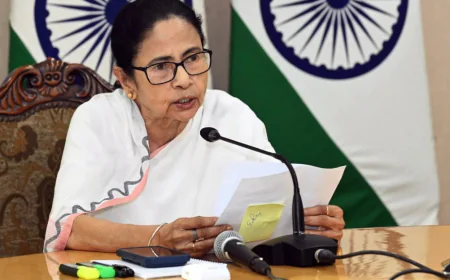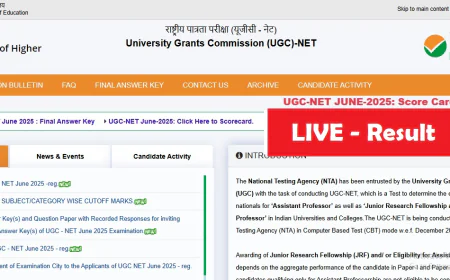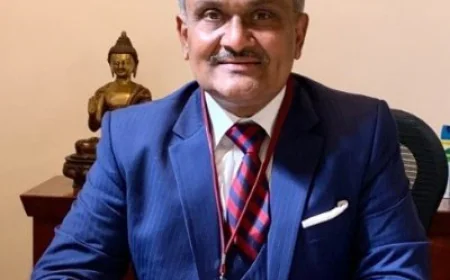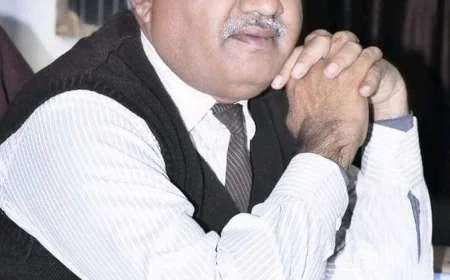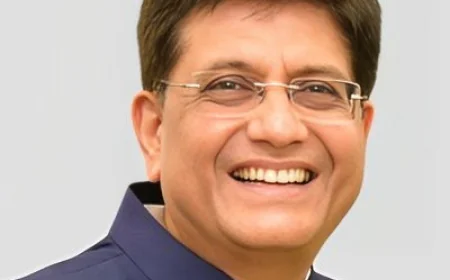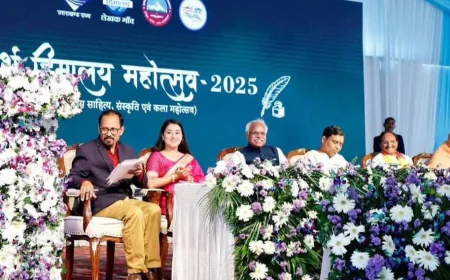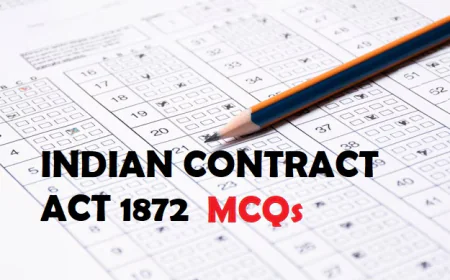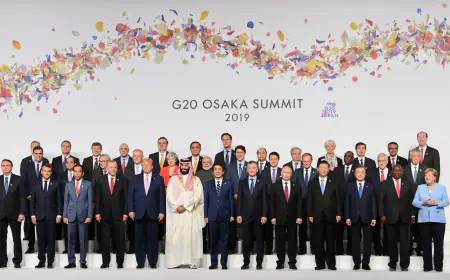Doctors and companies' fraud: Rise in the price of medicines
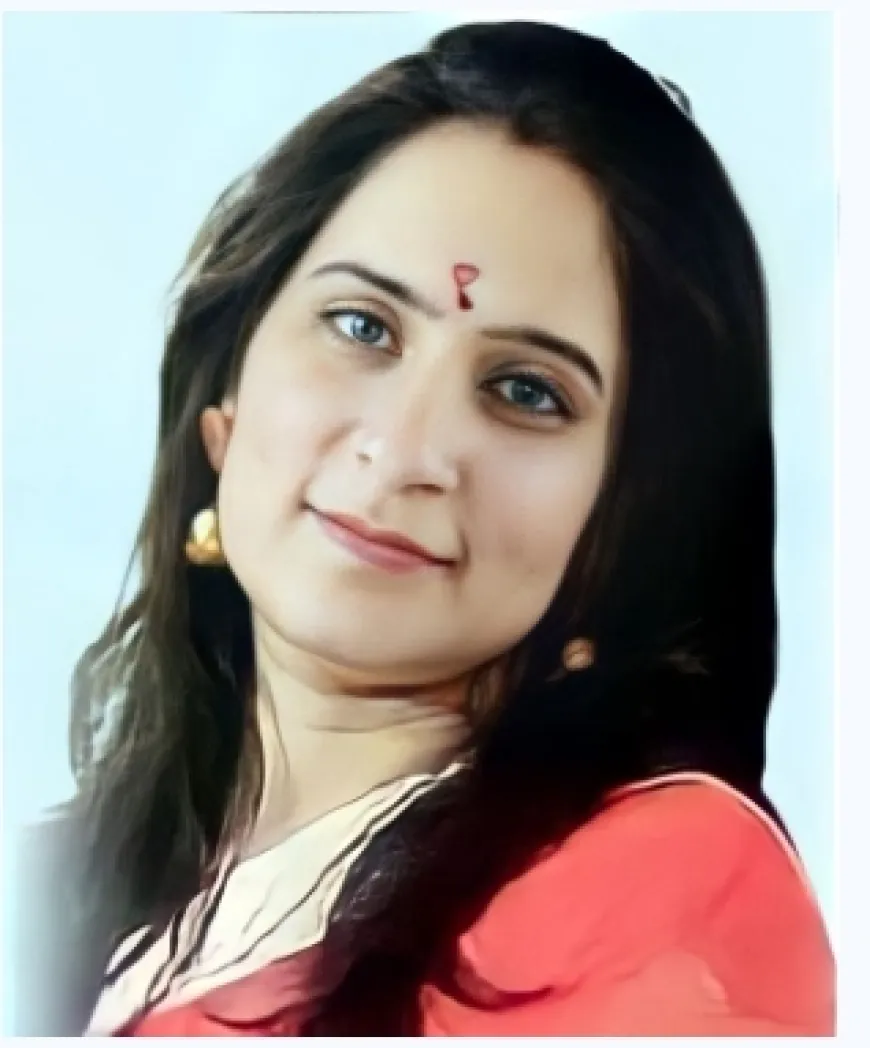
*Doctors and companies' fraud: Rise in the price of medicines.*
Doctors get the brand made; MRP of medicine worth Rs 38 is Rs 1200.
The rules state that prescription-only medicines and types of over-the-counter medicines that can only be sold in pharmacies must be sold at exactly the same price in all pharmacies. Therefore, the prices of medicines do not fluctuate between pharmacies, which means that it does not matter which pharmacy you choose to fill your prescription. Not only this, these rules should be strictly enforced on the drug manufacturing companies that they should set the price of every salt as per the rules of the Government of India, no matter what the brand is.
The price should be on the salt and not on the brand so that the black business of doctors and companies is curbed and the patient does not have to buy an injection of Rs 300 for twelve thousand. The government should allow changes in the prices of herbal medicines and types of over-the-counter medicines that can be sold in stores other than pharmacies, such as supermarkets and kiosks. These prices are determined entirely by the store, so you experience differences in prices from one store to another. -Priyanka Saurabh The price of medicines in the country is being decided by the doctors themselves and not by the government. Doctors get the brands made according to their liking.
They fix the price. The MRP of a medicine of Rs. 38 is being increased to Rs. 1200. This is just an example; this is being done in all medicines. Experts believe that in 20 years, the business of medicines has reached from Rs. 40 thousand crores to Rs. 2 lakh crores. They consider the big reason for this to be the big game in MRP. From 2005 to 2009, medicines were being sold at 50 percent MRP. If the MRP was Rs. 1200, then it was given to the dealer for Rs. 600. Now doctors are getting the MRP decided according to their liking. Whereas according to the rules, doctors do not decide the rates of medicines. The rates of medicines are decided by the companies that make medicines. Many factors are involved in fixing the rates of medicines. Traders make good profits on medicines. Retailers offer a maximum discount of 20-25 percent on branded medicines.
Generic medicines offer a discount of 50-70 percent. Generic medicines are cheaper because they do not have to undergo expensive tests. While buying medicines, there should be a QR code on the medicine wrapper. The QR code on the medicine wrapper gives the name of the medicine, brand name, manufacturer information, manufacturing date, and expiry date. For information about medicines or their ingredients, one can ask a doctor or pharmacist. But for those medicines that are outside the control of the government, the National Pharmaceutical Price Authority works under the Ministry of Health of the Government of India to monitor arbitrary drug quality and MRP. The government controls the MRP of the medicine through the Drugs Price Control Order. Along with fixing the maximum price for essential and life-saving medicines, the DPCO is also responsible for making medicines affordable and accessible to patients.
The medicines that the government brings under DPCO have their MRP under control, but medicines of hundreds of formulas are still out of the government's control, whose MRP is being arbitrarily fixed. The government's guideline regarding the increase in the prices of medicines is that the MRP can be increased only by 10 percent in a year. But the companies are changing the names of the products and making the MRP as per the demand of the doctors every year. The companies fix the MRP as per their own convenience by changing different divisions and brands. Medicines are supplied in the country from pharma factories. In this game of companies and doctors, companies, for their profit, ignore the rules and not only agree to make medicines according to the doctors, but also fix arbitrary prices. Not only this, deals are made with these companies on mobile. That is why doctors and hospitals across the country are getting their own medicines made and selling them at arbitrary prices. Doctors and hospitals are getting their own medicines made and using micro-pilots.
This determines the expiry time. If the quality of micro pilot in the medicine is reduced a little, the margin will increase, but the expiry time will be reduced. The reason behind this is that the government has no guidelines regarding material and expiry. The expiry date is also decided by the companies. There is a little strictness regarding the medicines that are under the control of the government. There is no special monitoring on the rest of the medicines. It is a serious issue that the companies that manufacture, import, or sell the medicine determine the prices of the medicine. The rules state that prescription-only drugs and types of over-the-counter drugs that can only be sold in pharmacies must be sold at exactly the same price in all pharmacies. Therefore, the prices of drugs do not fluctuate between pharmacies, meaning it does not matter which pharmacy you choose to fill your prescription.
Not only this, the rules should be strictly enforced on drug manufacturing companies to set the same price of every salt as per the rules of the Government of India, no matter what the brand is. The price should be on the salt and not on the brand so that the black marketing of doctors and companies is curbed and the patient does not have to buy an injection worth Rs. 300 for twelve thousand. Herbal medicines and types of over-the-counter medicines that can be sold in stores other than pharmacies, such as supermarkets and kiosks, have the government's permission to change their prices. These prices are set entirely by the store, so you may experience differences in prices from one store to another.



